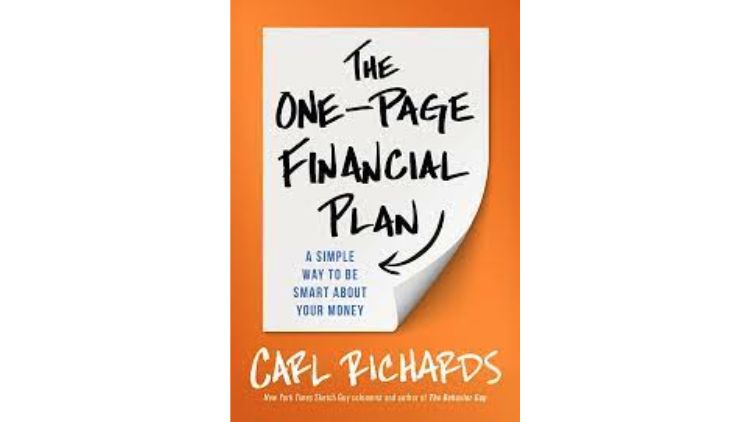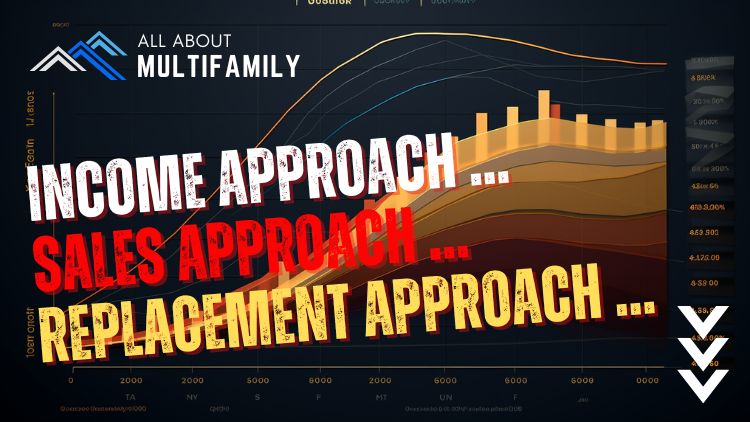“The One-Page Financial Plan: A Simple Way To Be Smart About Your Money” is a practical guide written by Carl Richards that emphasizes the importance of simplifying your financial decisions and taking a proactive approach to managing your money. The book provides readers with valuable insights into creating a straightforward yet effective financial plan that can lead to better financial well-being and security. In this summary, we’ll explore the key takeaways from the book, offering you a condensed version of its wisdom.
Key Takeaways:
- Clarity Is Key:
The author stresses the significance of clarity in your financial goals. Many people struggle with their finances because they lack a clear vision of what they want to achieve. Creating a concise and specific financial plan helps you stay focused on your objectives. - Simplicity Trumps Complexity:
The book advocates for simplicity in financial planning. Complex strategies can be overwhelming and difficult to maintain. Instead, focusing on straightforward plans and actions can lead to better long-term results. - Start Now, Start Small:
Richards encourages readers to start taking action immediately, even with small steps. Procrastination can hinder financial progress. Begin by saving a small portion of your income and gradually increase it over time. - Embrace Imperfection:
Perfectionism can be an obstacle to financial planning. Recognize that mistakes and setbacks are normal. Don’t be afraid to adjust your plan when necessary and learn from your experiences. - Understand Your Values and Goals:
Your financial decisions should align with your values and life goals. By identifying what truly matters to you, you can make more meaningful and satisfying choices with your money. - Emergency Fund:
Building an emergency fund is a crucial step in financial planning. Having a cushion of savings helps you navigate unexpected expenses without derailing your financial progress. - Manage Debt Wisely:
Not all debt is bad, but it should be managed carefully. Differentiate between “good” and “bad” debt and develop a strategy to pay down high-interest debt as a priority. - Invest for the Long Term:
Investing wisely is vital for long-term financial growth. Understand your risk tolerance, diversify your investments, and focus on a strategy that aligns with your goals and time horizon. - Regularly Review and Adjust:
Your financial plan isn’t set in stone. Life changes, and your plan should adapt accordingly. Regularly review your plan and make adjustments as your circumstances evolve. - Seek Professional Guidance:
If you’re unsure about financial matters, don’t hesitate to seek advice from financial professionals. An objective perspective can provide clarity and guide you toward better decisions.
In conclusion, “The One-Page Financial Plan” emphasizes that effective financial planning doesn’t have to be complex. By prioritizing clarity, simplicity, and alignment with your values, you can create a practical financial plan that sets you on a path towards a more secure and fulfilling financial future.














































![An In-Depth Look at Jake and Gino's Coaching Program [A Review]](https://allaboutmultifamilyinvesting.com/wp-content/uploads/2023/10/AAM-BMP-Blog-Covers-750-×-422px-6.jpg)


![Email Marketing Tips for Multifamily Real Estate Syndicators to Raise Capital [Templates included]](https://allaboutmultifamilyinvesting.com/wp-content/uploads/2023/09/AAM-BMP-Blog-Covers-750-×-422px-4.jpg)






![The Richest Kids In America [Book Review]](https://allaboutmultifamilyinvesting.com/wp-content/uploads/2023/09/AAM-BMP-Blog-Covers-750-×-422px-84.jpg)
















